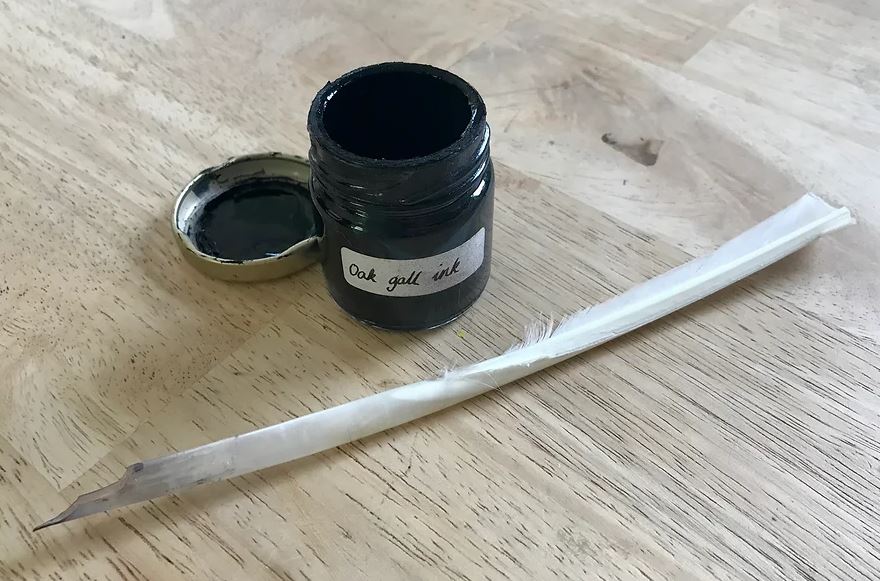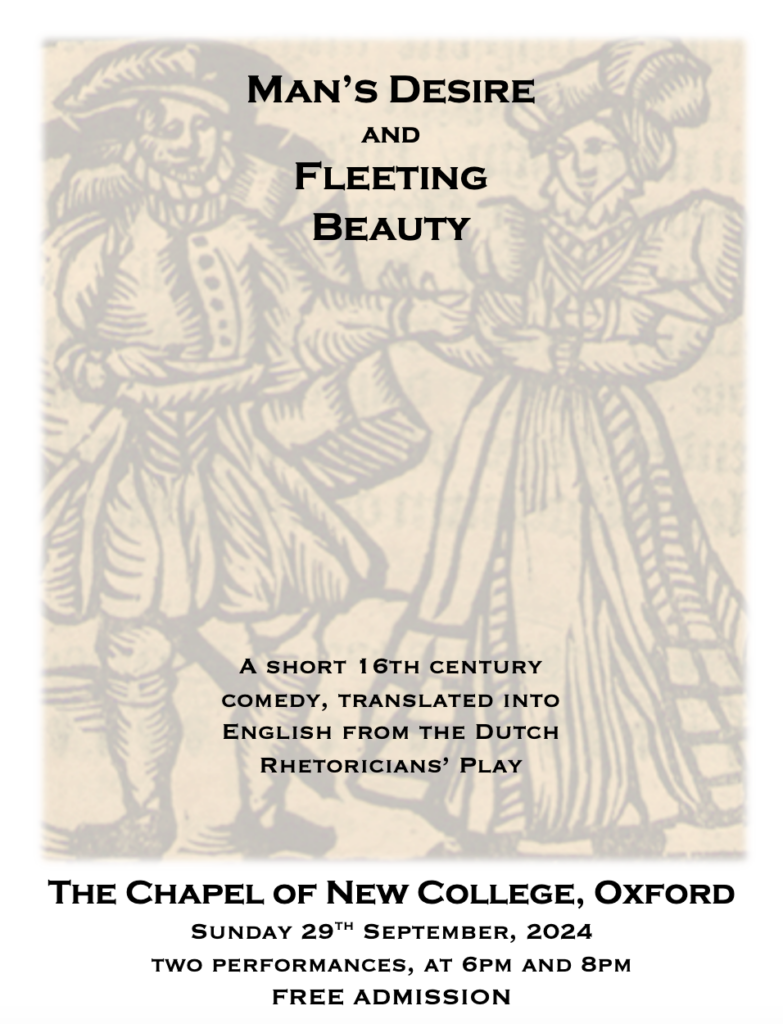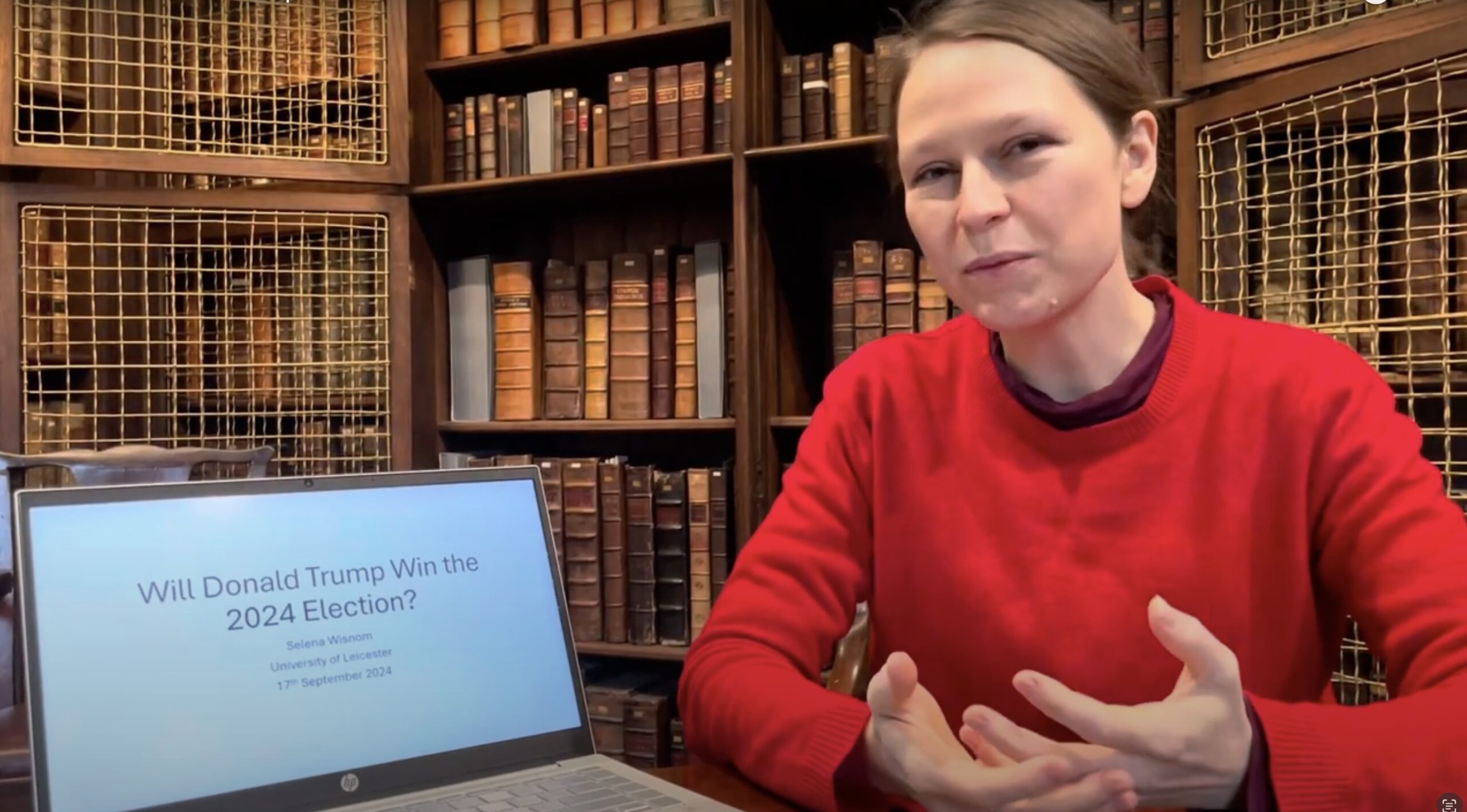Date: Friday, 22 November 2024
‘Crafting the Book’ is a one-day workshop aimed at current Oxford University students with an academic interest in the history of the book and material culture of medieval manuscripts and early printed texts, including their production, decoration, and provenance through signs of ownership. They will engage with historic materials and develop a deeper understanding of contemporary artistic and reader practices through taking part in hands-on activities with craft methods.
Lunchtime Lecture: Sir Victor Blank Lecture Theatre at the Weston Library, 1-2pm (BOOK HERE)
Talks by expert speakers Sara Charles and Eleanor Baker with focus on their wide-ranging research on medieval illumination, calligraphy, and early printing techniques. Sara is currently a PhD student at the Institute of English Studies studying manuscript production in the Latin Christian world, and has a forthcoming trade history book, The Medieval Scriptorium: Making Books in the Middle Ages (Reaktion Books, August 2024). Eleanor is currently the English Subject Lead for the University of Oxford’s Astrophoria Foundation Year, with a forthcoming trade history book, Book Curses (Bodleian Publishing, November 2024). The lunchtime lecture is free to attend.
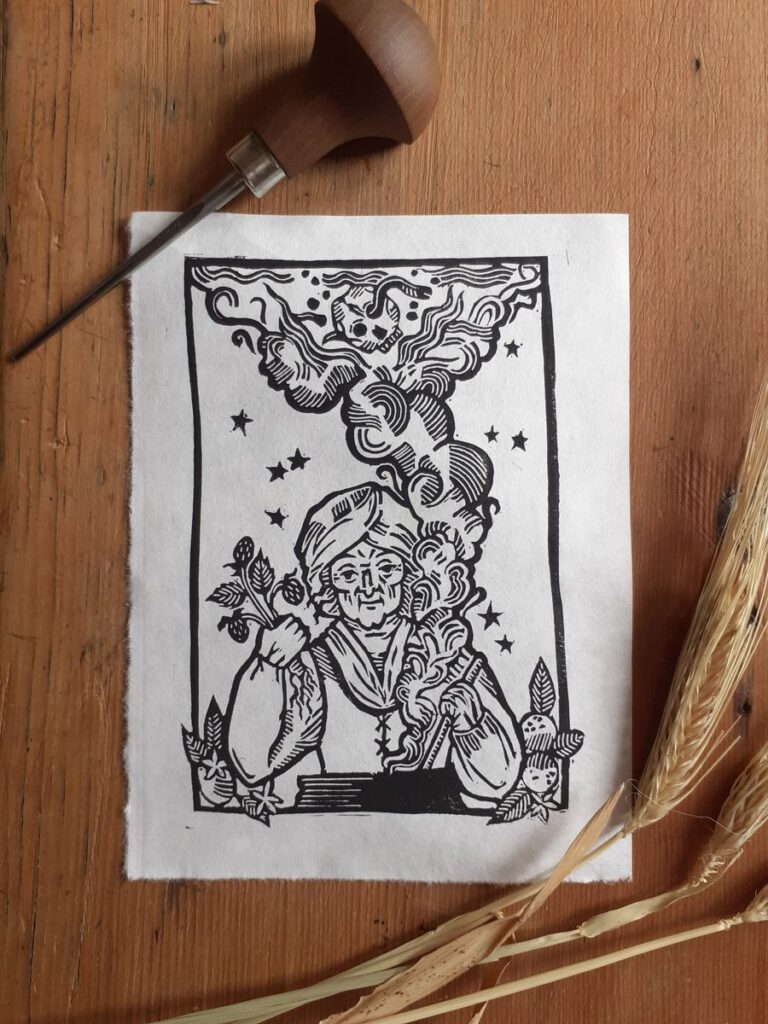
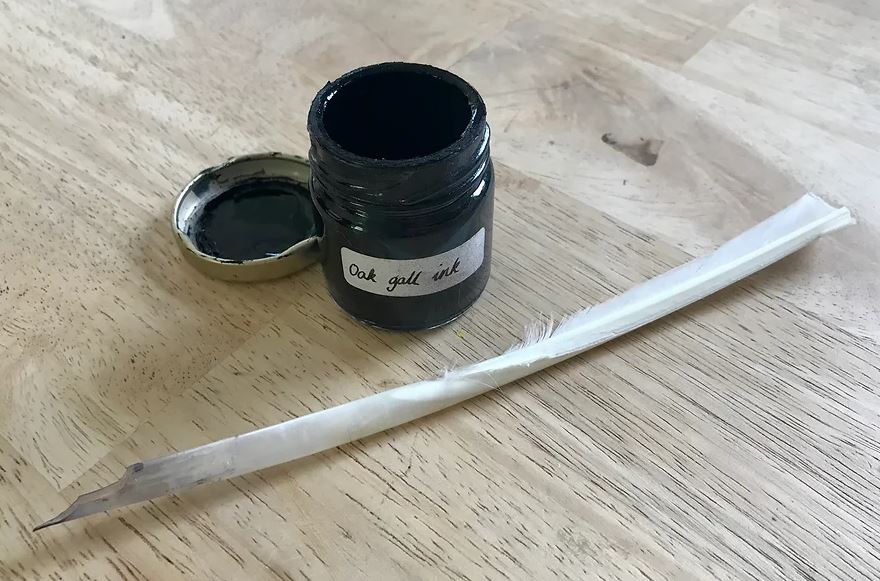
Practical Workshops: Bodleian Bibliographical Press (FULLY BOOKED – contact the organiser to be added to the waiting list)
Workshop 1: Calligraphy Workshop led by Sara Charles taking place at 2.15pm on Friday, 22 November 2024 in the Bibliographic Press room located in the Old Bodleian Library. Sara is leading a practical session on making and writing with iron gall ink as well as painting on parchment.
Workshop 2: Letterpress Workshop led by Eleanor Baker taking place at 4pm on Friday, 22 November 2024 in the Bibliographic Press room located in the Old Bodleian Library. Eleanor is leading a practical session on crafting book curses with early printing techniques.
There is a £6 registration fee to attend each workshop or £12 for both (please bring cash or contact organiser) and each workshop will last roughly 1.5 hours.
Please contact event organiser Alison Ray (St Peter’s College Archivist) with any questions.
‘Crafting the Book’ is generously supported by the Oxford Medieval Studies Small Grant Scheme.
